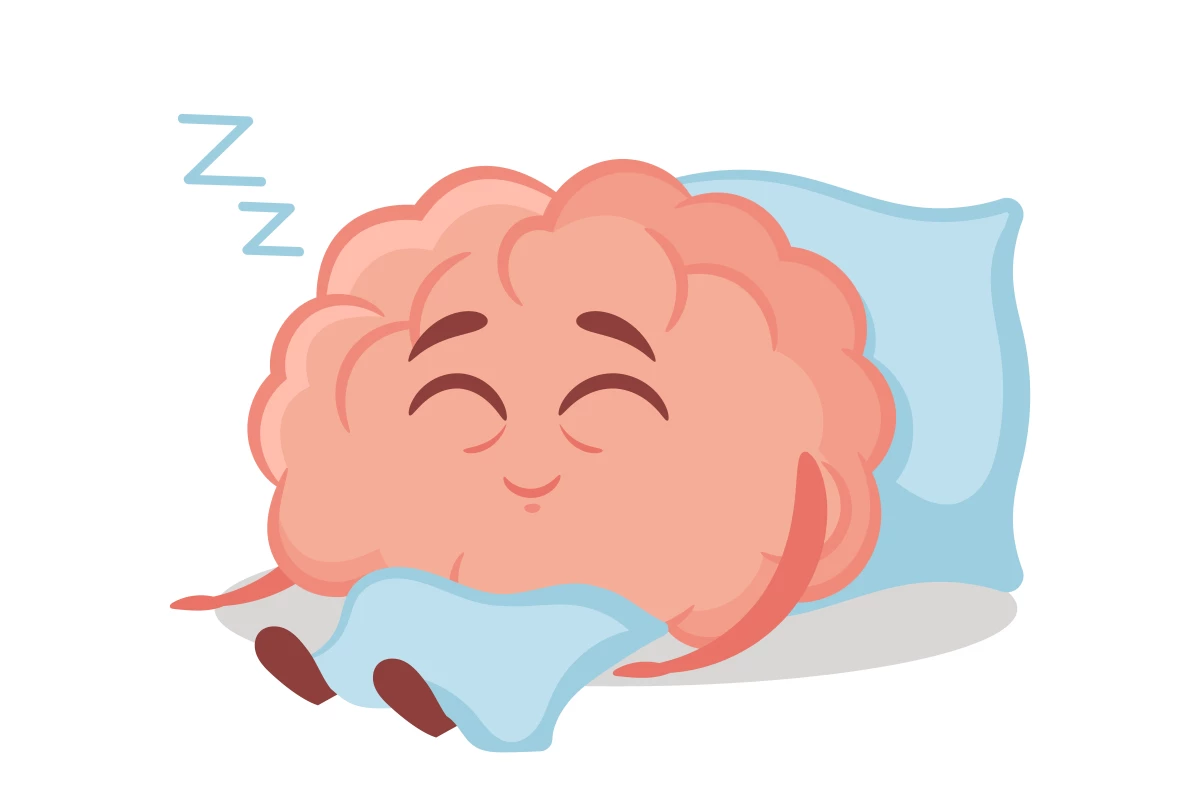What is your pre-bedtime routine? Drink a glass of milk, clean your teeth, prepare your bed? Studies have found many animals engage in habitual behaviors before sleep, but until now researchers have not known the neurobiological mechanisms that are activated by these pre-sleep routines.
Across a series of robust mouse experiments a new study from researchers at the University of Michigan has shed light on what goes on in the brain before sleep. The findings offer new insights into the parts of the brain that trigger the onset of sleep.
“How do animals transition from wakefulness – an active state that involves responding to and interacting with the environment – to sleep – a quiescent state featuring reduced responsiveness to the environment, distinctive brain oscillatory patterns, and alterations in many physiological processes?” the researchers asked in the new study.
To explore this question they investigated neural activity in mice in the 20 minutes before they fall asleep. As well as confirming the onset of sleep is directly connected to pre-sleep behaviors, the findings are the first to pinpoint exactly what parts of the brain are activated by these routines and how they are connected to the initiation of sleep.
The research homed in on particular groups of neurons in a brain region called the lateral hypothalamus, which is a part of the brain known to influence a variety of processes in the body, from regulating feeding behavior to mediating general arousal.
“[In the new study] we identify broadly projecting and predominantly glutamatergic neuronal ensembles in the lateral hypothalamus that regulate the motivation to engage in pre-sleep nest-building behavior and gate sleep initiation and intensity,” the researchers concluded.
The new study hypothesizes a connection between these neuronal ensembles in the lateral hypothalamus and other regions of the brain known to regulate sleep. The current idea proposed by the new findings is that pre-sleep behaviors play a vital role in activating brain regions that initiate transitions between wakefulness and sleep.
As well as offering novel insights into the neurological processes that precede sleep, the researchers indicate these findings could inform future therapies. Understanding exactly how our brains prepare us for sleep can help the development of new treatments for insomniacs all over the world.
“Our study provides critical insights into the ethological context of sleep and advances our current understanding of the neurobiological mechanisms controlling a goal-directed and sleep-related complex behavior,” the study stated. “As 10%–30% of humans worldwide suffer from difficulties initiating and maintaining sleep and available pharmacological interventions pose many risks, a better understanding of the processes regulating pre-sleep behaviors has the potential to greatly improve sleep, and thus, quality of life for numerous individuals.”
The new study was published in the journal Current Biology.
Source: University of Michigan





